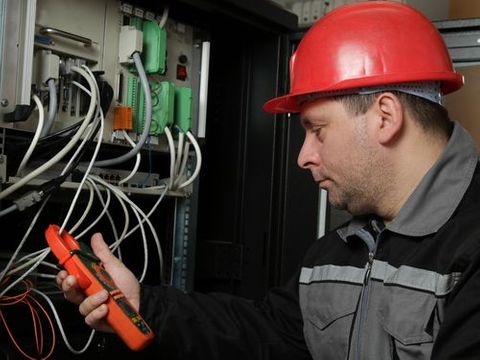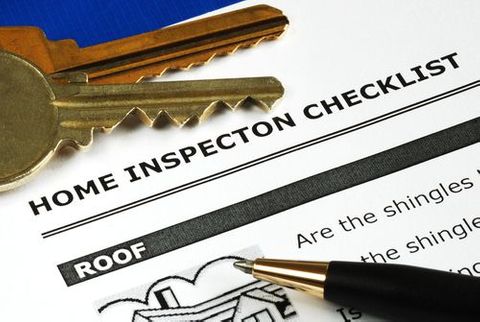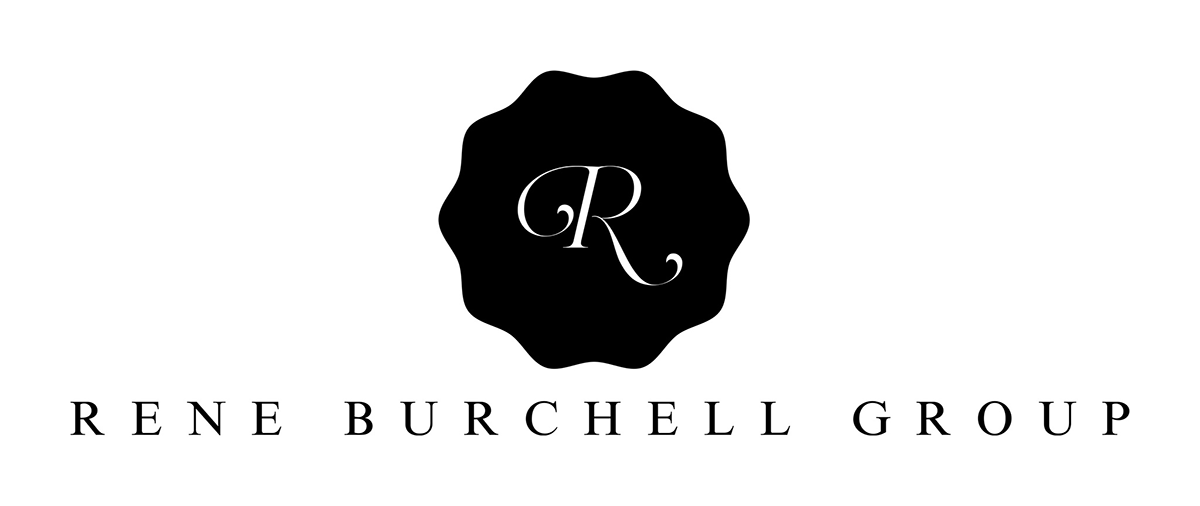A home inspection is a professional consultation in which an expert determines the present condition of a home. It is based on careful visual observation of all a home’s features.
This includes structural components, such as:
- Roof
- Foundation
- Attic
- Basement
- Exterior and interior walls
- Chimney
- Doors
It also generally includes all the functional systems of a home, such as:
- Electrical
- Heating
- Air conditioning
- Plumbing
- Appliance systems
Home inspections do not consider the state of a home’s appearance or other cosmetic issues. Rather, home inspections aim to determine whether a home’s various components are in good working order, safe, and without pressing need of replacement. Home inspectors are interested in all damage, defects, and potential problems that a home might exhibit.
It is important to note that a home inspection is not an appraisal. A home inspector is concerned with the condition and performance of your home, not its market value.
Upon completion, the home inspector produces a written report, detailing all their findings and any recommended actions: repairs, further specialist evaluation of specific components, etc. This report is, in effect, a comprehensive evaluation of a home’s suitability for living.
Home inspections can take place at any time and for a variety of reasons, but in this case, we are specifically concerned with what is known as a pre-purchase inspection. The seller will likely have had an inspection done prior to listing the home, but as a potential buyer you can and should get an inspection of your own. This is generally done after an offer is made, but before it is finalized.
What Are the Different Kinds of Home Inspections?
 In terms of what is encompassed by a home inspection, the type of inspection described above is what is commonly known as a general inspection. These are generally performed by professionals with both knowledge and experience in what to look for when it comes to various components of your home, but who are not necessarily specialists in any one of these components. As part of their evaluation, a general home inspector may suggest soliciting one or more specialized inspectors.
In terms of what is encompassed by a home inspection, the type of inspection described above is what is commonly known as a general inspection. These are generally performed by professionals with both knowledge and experience in what to look for when it comes to various components of your home, but who are not necessarily specialists in any one of these components. As part of their evaluation, a general home inspector may suggest soliciting one or more specialized inspectors.
The most common forms of specialized inspection involve someone with expert knowledge evaluating a specific component of the home. For example, a certified electrician can usually provide more extensive notes on a home’s electrical systems than a general home inspector can and catch problems that a general home inspector is not necessarily looking for when inspecting.
Similarly, while a general home inspector can note potential problems with your home’s foundation or roof, a foundation engineer or certified roofer can definitively determine if these components are structurally unsound.
Other forms of specialized inspection evaluate elements that are not necessarily covered in a general home inspection. These include:
- Pest inspection, i.e. having certified pest control experts determine whether the home contains termites or other potentially dangerous pests
- Pool and spa inspection; sometimes this will be covered in a more general home inspection, but not always, and an expert can provide a more thorough evaluation of components
- Sewer or septic system inspection; this generally involves the use of a small digital camera to see directly inside the main line
- Testing the stability and health of the soil
- Having an arborist check the healthiness of bushes and trees
- Testing for the presence of radon or methane gas; if this is found, experts can also suggest ways to remove it
Which Home Inspections Should I Have Done?
At minimum, a general home inspection is a must for any buyer. In the first place, a general home inspection gives you the peace of mind that a home is in a condition you are comfortable with. Certainly, you do not want to move into a home that is determined to be unsafe or even potentially unsafe.
A general home inspection can also afford you the opportunity to negotiate a better price. If you are comfortable with the overall condition of the home, there still may be elements that aren’t quite up to par. With the help of a skilled real estate, you may be able to turn this to your financial advantage.
When it comes to the more specialized types of inspection, your general home inspection will be a good indicator as to whether any of these are required. With or without the suggestion of a general inspector, you may still want to bring in specialized inspectors for the home’s electrical, plumbing, and other systems. Remember: a general home inspector will, in most cases, only note clear problems like damage to visible pipes or restricted water flow in the case of plumbing, or damages to visible wiring or overheating breaker boxes in the case of electrical systems. An expert in these areas will know what to look out for that might not be caught on a general home inspection.
What Should I Look for When Hiring a Home Inspector?
 Something all buyers should be aware of when looking to hire a home inspector is that the profession is not regulated in most states. Find out if your state does, and if you happen to be one of the lucky ones, you should absolutely check with the relevant regulating agency. Verify that your potential inspector has all the right licensing and no significant complaints registered against them.
Something all buyers should be aware of when looking to hire a home inspector is that the profession is not regulated in most states. Find out if your state does, and if you happen to be one of the lucky ones, you should absolutely check with the relevant regulating agency. Verify that your potential inspector has all the right licensing and no significant complaints registered against them.
In most cases, though, what you are looking for is that your inspector has the right credentials. The most common and important is certification from the American Society of Home Inspectors.
How Long Does a Home Inspection Take?
A typical general home inspection takes about three hours.
What’s the Average Cost of a Home Inspection?
The average cost of a general home inspection is about $300; smaller homes and condos can cost as little as $200, while larger homes may be me more about $400. Prices in your area may vary, and this is just a general idea of what to expect.
How Can a Real Estate Agent Help Me?
A real estate agent will have experience in contracting home inspectors. They will be able to recommend inspectors to you, including those whom they have worked with in the past and found to excel at their profession.
A real estate agent is also crucial in helping you evaluate the results of a home inspection and use those results to leverage a better deal from the seller.
Home Inspection Checklist
 Below are many of the questions that a general home inspector asks themselves when examining a home. This is something you can keep in mind when looking at the house yourself but remember that it is not exhaustive and that your own examinations are no substitute for those of a certified home inspector.
Below are many of the questions that a general home inspector asks themselves when examining a home. This is something you can keep in mind when looking at the house yourself but remember that it is not exhaustive and that your own examinations are no substitute for those of a certified home inspector.
This list is also something to keep in mind when hiring a home inspector; a competent home inspector will address all these questions, at minimum.
Structure
- Do the sides of the house appear to be straight and level, or do they bow or sag?
- Do windows and doorframes appear to be straight, or do they bow?
- Is the visible foundation straight, plumb, and without significant cracking?
- Do ridge and fascia boards appear to be straight and level?
Exterior Surfaces
- Is the siding in good condition? Are any portions of siding cracked, curling, or loose? Do any portions of siding exhibit signs of rot or decay? Does vinyl or aluminum siding exhibit any significant dents, damage, or bowing?
- Is there adequate space between the ground any wood siding such that there is no contact at any point between ground and wood?
- Are there any significant cracks in the house’s stucco?
- Are there any vines on exterior surfaces?
- Are there any stains on exterior surfaces?
- Does the exterior paint exhibit any flaking or blistering?
Windows and Doors
- Are the wood frames and trim of doors and windows secure? Do they exhibit any significant cracks, or signs of rot? Are the joints around frames caulked?
- Are any windows broken, whether glass pane or screen?
- Are windows storm windows or made with thermal glass?
- Are drip caps installed over all windows?
Roof
- Are any shingles broken or missing? Do any shingles exhibit curling or cupping?
- If wood shingles are employed, do they exhibit any signs of mold or rot?
- If the roof is flat, are there any obvious cracks or splits?
- Is there appropriate flashing at joints to prevent water from seeping in?
- Is there any evidence of excess roofing tar?
- Are exterior eave vents clean, unobstructed, and not painted over?
- Are the gutters intact, without any missing sections? Do they exhibit any bending or sagging, or any signs of decay or rot? Are gutter joints properly sealed and securely attached? Are the gutters clean without significant build-up of mud or dirt?
Grounds
- Are the grounds sloping such that water drains away from the house?
- Is all downspout drainage, e.g. from the roof, directed away from the house?
- Is there any standing water anywhere on the grounds?
- Is there any evidence of leaks from the septic tank?
- Do any fences, sheds, decks, etc. exhibit signs of rot or termite damage?
- Are stairs or decks missing adequate railing?
- Are driveways, sidewalks, patios etc. in good condition?
- Is the yard’s landscaping in good condition? Do trees and shrubs appear to be healthy?
General Interior
- Do floors, walls, and ceilings appear to be straight, level, and plumb with each other?
- Do floors, walls, or ceilings exhibit any significant cracks, stains, or warping?
- Do windows and doors easily open and close? Are they able to be properly latched? Do they exhibit any signs of damage or decay? Do exterior windows have proper weather-stripping?
- Is all painting, wallpaper, paneling etc. in good condition?
- Do all lights and switches work?
- Is there an adequate number and distribution of electrical outlets?
- Are there vents in each room to ensure adequate heating and cooling?
- Do any fireplaces exhibit significant cracking or other damage? Is there any staining on the façade, which could indicate back-drafting? Does the damper operate properly? Is the flue clean and lined?
Kitchen
- Do pipes under the sink exhibit any signs of leaking or exhibit excessive rust? Do cabinets under the sink display any significant stains or signs of decay?
- Is there adequate water flow in the sink?
- Do the waste pipes and garbage disposal exhibit significant rust or other signs of deterioration?
- Is there a working exhaust fan that vents outside?
- Do all appliances (fridge, stove, dishwasher, etc.) appear to be in good condition and fully operational?
- Are cabinets and drawers in good condition, and able to open and close easily?
Bathrooms
- Do all bathrooms have working exhaust fan?
- Do all toilets and all fixtures appear to be in good working order? Do they exhibit adequate flow and water pressure?
- Are all toilets stable, unable to be significantly moved?
- Do all drains appear to function properly?
- Do pipes under bathroom sinks exhibit any signs of leaking? Do cabinets under the sink exhibit any significant stains or signs of decay?
- Are there any significant stains or evidence of leakage around the base of toilets, bathtubs, or showers?
- Is all caulking in good condition?
- Are floor and wall tiles secure and without significant cracking or other damage?
Attic
- Are there any significant stains on the ceiling, i.e. the underside of the roof?
- Are there any signs of damage or decay?
- Does there appear to be enough and properly installed insulation?
- Is there adequate ventilation?
- Does any plumbing, or any exhaust or appliance vents, appear to terminate in the attic?
Basement
- Is there any evidence of moisture? Are there any signs of decay or rot?
- Are there any significant stains, cracks, decay or damage in any exposed foundation or structural wood?
- Is there enough insulation at all rim and band joists?
Plumbing
- Do visible pipes exhibit any evidence of leaks, significant stains, or rust?
- Is the water heater properly vented and adequately sized for the house?
- Is the water pump able to short cycle?
- Is water flow restricted at any point?
- Is the temperature of hot water between 118-125 degrees Fahrenheit?
Electrical
- Does any visible wiring exhibit signs of damage or exposed splices? Are all cables sufficiently secured and protected?
- Does the service panel possess adequate capacity? Does it exhibit any signs of overheating?
Heating and Cooling
- Do heating and cooling systems appear to function adequately, with proper airflow?
- Are all air filters clean?
- Is all ductwork in good condition?


